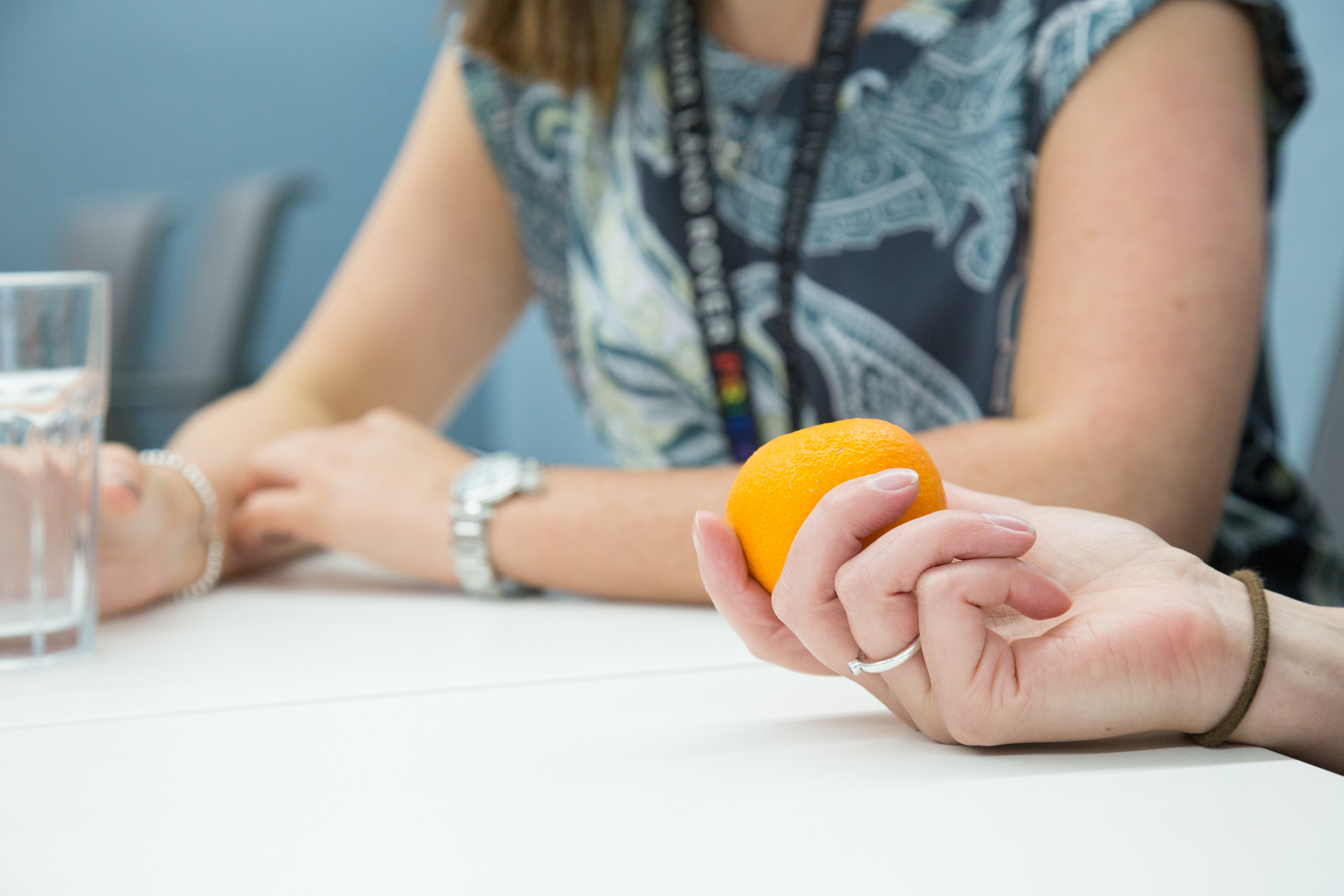Diabetes
Information, support and advice on Diabetes, which it is estimated to affect more than 4 million people in the UK

What is Diabetes?
Normally when we eat and digest food, the body breaks this down to glucose which is released into our blood stream. The Pancreas organ uses insulin to act on the glucose, to enable it to enter our cells and provide fuel for our bodies.
Diabetes is a health condition that causes your blood glucose levels to be too high because of problems with insulin production.
Type 1 Diabetes usually develops in childhood, it is where your body’s immune system destroys the insulin producing cells. Therefore, your body is not able to make any insulin.
Type 2 Diabetes usually develops in adulthood and is affected by lifestyle/risk factors. It is where your body doesn’t produce enough insulin. Therefore, the insulin in your body doesn’t work properly.
In the UK around 90% of adults with Diabetes have Type 2. Development of this health problem is affected by lifestyle and other factors including:
- Age
- Having a family member with Diabetes
- If you are from South Asian, African Caribbean or Black African descent.
- If you have certain pre-existing health issues, for example: history of a heart attack, stroke, some mental health conditions (such as schizophrenia, bipolar disorder or depression)
- If you are female with polycystic ovaries.
- If you are overweight or obese as this can make the body’s cells less sensitive to insulin.
Carrying extra weight around your middle means fat can build up around your organs, including the Pancreas, making it more difficult for insulin to be effective. Measure your waist to understand your risk, make sure the tape is positioned midpoint between your hips and ribs (as a guide belly button level). A healthy waist measurement is 80cm or below for females, 94cm or below for males and 90cm for males from a South Asian background.
By maintaining a healthy weight, keeping physically active and eating a balanced diet you can slow down the progression of Diabetes.
Diabetes Risk Factors
If you have any concerns about your symptoms see your GP. You can also access more information on diabetes via the links below.
You can also learn more about your risk with the Know Your Risk Score below
https://www.nhs.uk/conditions/diabetes/
https://riskscore.diabetes.org.uk/start
Information Hub for Diabetes
The Main Symptoms of Undiagnosed Diabetes include:
Increasing blood glucose levels cause a range of symptoms:
- increased thirst
- extreme fatigue
- needing to pass urine more often particularly at night
- unexplained weight loss
- blurred vision
- genital itching or regular episodes of thrush
- slow healing of cuts and wounds
If you have any of these symptoms contact your GP. Early diagnosis, treatment and good control of Diabetes is vital to reduce the chances of developing serious Diabetes related complications.
What's the risk of getting Diabetes?
Type 1 diabetes can't be prevented. The body's immune system destroys the insulin-producing cells, and nobody quite understands why.
Type 2 diabetes is a little more complex. Whilst carrying extra weight, particularly around the middle (waist) is a significant risk factor for Type 2 diabetes, other factors such as genetics, age and ethnicity also play a big part. This means some people who are carrying extra weight won't develop diabetes, while others who are of a healthy weight, might. It's the combination of our genes and our lifestyle that influences the development of Type 2 diabetes.
However, by maintaining a healthy lifestyle you can reduce your risk of developing the condition, as well as a number of other health problems.
Reducing your risk of developing Diabetes
Eat regular healthy meals to keep your blood glucose levels stable – include all essential food groups daily:
- Enjoying at least five portions of colourful fruit and vegetables, starchy carbohydrates, dairy and a small amount of protein
- Limit unhealthy snacks high in salt, sugar or saturated fat – this is easier if you avoid processed foods and stick to fresh produce where you can.
- Watch your portions. Eating smaller amounts at main meals and snacks will help with weight loss and improve blood glucose levels.
- Stick to your recommended daily alcohol limit. The new advice says men and women who drink regularly should consume no more than 14 units a week - equivalent to six pints of beer or seven glasses of wine.
- Complement your healthy diet with at least 30 minutes of exercise, five times a week.